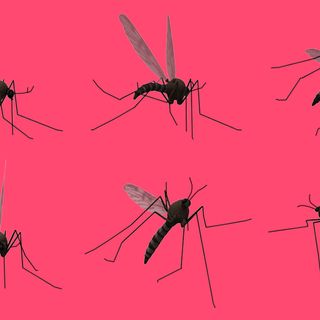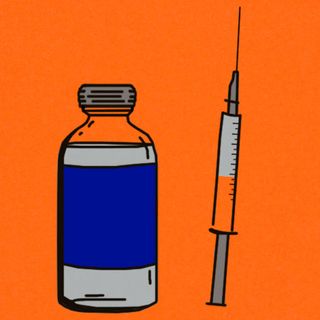
New Study Weighs Cancer Risk, Cardio Benefit of Lifelong Alcohol Consumption
In short, you’re probably still drinking too much.

While our understanding of the link between alcohol consumption and cancer is still evolving, health guidelines around the world are shifting to reflect a deeper understanding of how profoundly alcohol can impact mortality. We know that heavy alcohol consumption increases the chances of developing cancer. But plenty of other reliable studies have also shown that there may be some cardiovascular benefits to very light drinking. How those two effects correlate, and ultimately impact mortality, has not been studied concurrently until now. A new study, published this week in PLOS Medicine, seeks to resolve those disparate public health messages. Author Andrew Kunzmann, of Queen’s University Belfast, Ireland, looked at how various levels of alcohol consumption impact overall mortality and cancer risk using data from 99,654 individuals in the US.
The researchers analyzed whether combined risk of cancer or death from any cause differed in individuals with different levels of alcohol intake across their entire lifetimes. They used data from people who were followed for an average of 8.9 years as participants in the Prostate, Lung, Colorectal, and Ovarian Cancer Screening Trial. Alcohol use was measured using a diet history questionnaire administered between 1998 and 2000.
In the study, lifetime light alcohol drinkers (defined as drinking 1 to 3 drinks per week) fared best; they had lower overall mortality rates than the lifetime never or infrequent drinkers (<1 drink/week), as well as heavy (2 to 3 drinks/day) and very heavy drinkers (3+ drinks/day). The risk of cancer and of cancer-related mortality increased directly in relation to increased lifetime alcohol consumption. However, lifetime light alcohol drinkers had the lowest combined risk of mortality or developing cancer of the various groups, suggesting that there may be some benefits or ameliorating effects of light lifetime drinking that lifetime “never drinkers” don’t get.
Though the authors cautioned the findings should not be taken to support a protective effect of light drinking, the results do provide evidence that could help shape further public health guidelines on a global problem. In many countries, there have been a dearth of public health campaigns to educate populations on the significant cancer risk associated with alcohol consumption. Additionally, when governments do set public health guidelines, there is often confusion surrounding what constitutes “a drink” (defined as a single shot of liquor, 5 oz of wine, or 12 oz of beer — usually less than what is poured at a bar or restaurant). When the dust settles, it’s looking increasingly like alcohol will eventually go the way of cigarettes.
Related


Aggressive Behavior in Kids Might Stem From Misinterpreting Others’ Actions
